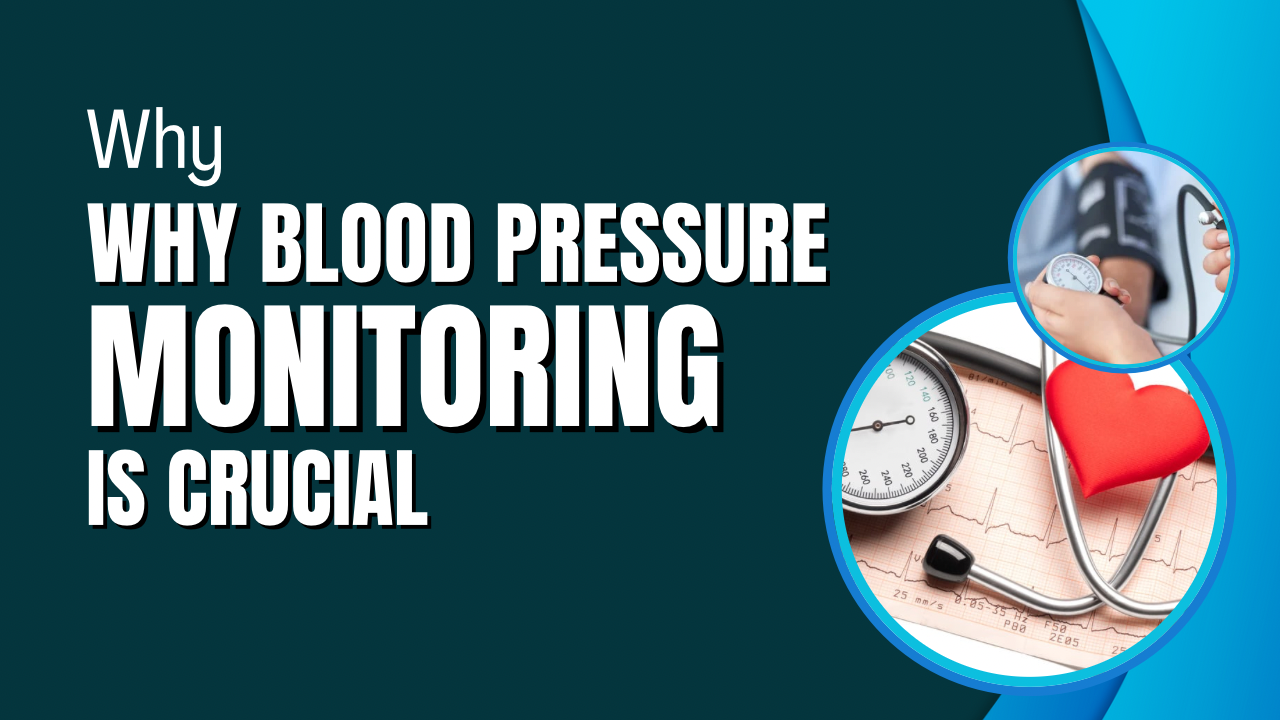Why Blood Pressure Monitoring Is Crucial
May 28, 2025
1. Cardiovascular Strain Increases on TRT and PEDs
Testosterone can increase red blood cell production (raising hematocrit), alter lipid profiles (lower HDL), and increase water retention. All of these can contribute to elevated BP, which puts more stress on your heart and arteries over time.
2. Early Warning System for Health Issues
High blood pressure is often called the “silent killer” because it can quietly damage the heart, kidneys, and brain before symptoms appear. Regular tracking gives you a chance to intervene before serious problems develop.
3. Performance and Recovery Implications
Poorly managed BP doesn’t just affect long-term health—it can affect training output, recovery, and sleep. If you’re waking up with headaches, feeling fatigued, or struggling with pumps in the gym, your BP might be playing a role.
What to Watch For
-
Normal BP: Ideally around 120/80 mmHg or slightly below.
-
Elevated BP: 130/80 or higher, especially consistently, should be taken seriously.
-
Too Low: Below 90/60 might indicate other issues like dehydration or electrolyte imbalance.
When on TRT or enhanced protocols, BP above 135/85 consistently should prompt further investigation—especially if combined with:
-
Swollen ankles or bloating
-
Frequent headaches
-
Nosebleeds
-
Shortness of breath
-
Disrupted sleep or night sweats
How to Track It Effectively
1. Use a Reliable Cuff
Skip the wrist monitors. Use an upper-arm cuff (automated or manual) and check your BP at the same time each day, ideally in the morning after 5 minutes of rest.
2. Track Trends, Not Just Spikes
One elevated reading isn’t cause for panic. But consistent upward trends are. We recommend logging your BP daily for a week every month—or weekly at minimum.
3. Pair With Other Markers
Monitor alongside your resting heart rate, bodyweight changes, and sleep quality to get a full picture of your internal state.
What You Can Do About High BP
If your BP is creeping up:
-
Reduce sodium intake (especially processed food and sauces)
-
Add potassium-rich foods (bananas, spinach, avocado)
-
Use supplements like magnesium, taurine, and beetroot extract
-
Increase low-intensity cardio (like daily walks)
-
Manage stress and sleep hygiene
-
Talk to your doctor about ARBs or ACE inhibitors if needed
Bottom Line
Whether you’re enhanced or natural, blood pressure is one of the most underrated performance health markers. For those on TRT or higher doses, regular monitoring is critical to protect your heart, stay safe, and get the most out of your training.
At Ascend Performance, we coach you to train smart, live strong, and stay healthy—not just today, but for decades to come.
